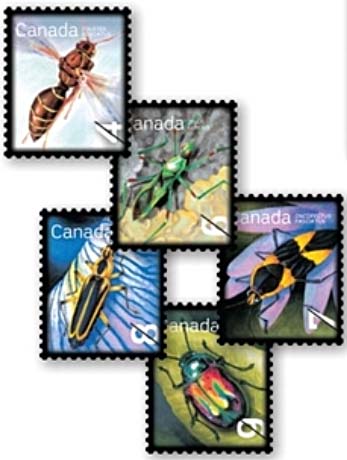Farmers often use hives full of honeybees to help pollinate crops. A new study published in Science has found that encouraging wild pollinators could be more effective. The decline of wild bees and other pollinators may be an even more alarming threat to crop yields than the loss of honeybees, the study suggests, revealing the irreplaceable contribution of wild insects to global food production. Scientists studied the pollination of more than 40 crops in 600 fields across every populated continent and found wild pollinators were twice as effective as honeybees in producing seeds and fruit on crops including oilseed rape, coffee, onions, almonds, tomatoes and strawberries. Furthermore, trucking in managed honeybee hives did not replace wild pollination when that was lost, but only added to the pollination that took place. "It was astonishing; the result was so consistent and clear," said Lucas Garibaldi, at the National University in Río Negro, Argentina, who led the 46-strong scientific team. "We know wild insects are declining so we need to start focusing on them. Without such changes, the ongoing loss is destined to compromise agricultural yields worldwide."
Sources:
The Guardian, 28 February 2013
http://www.guardian.co.uk/environment/2013/feb/28/wild-bees-pollinators…
The Economist, 2 March 2013
http://www.economist.com/news/science-and-technology/21572733-encouragi…

- Log in to post comments
